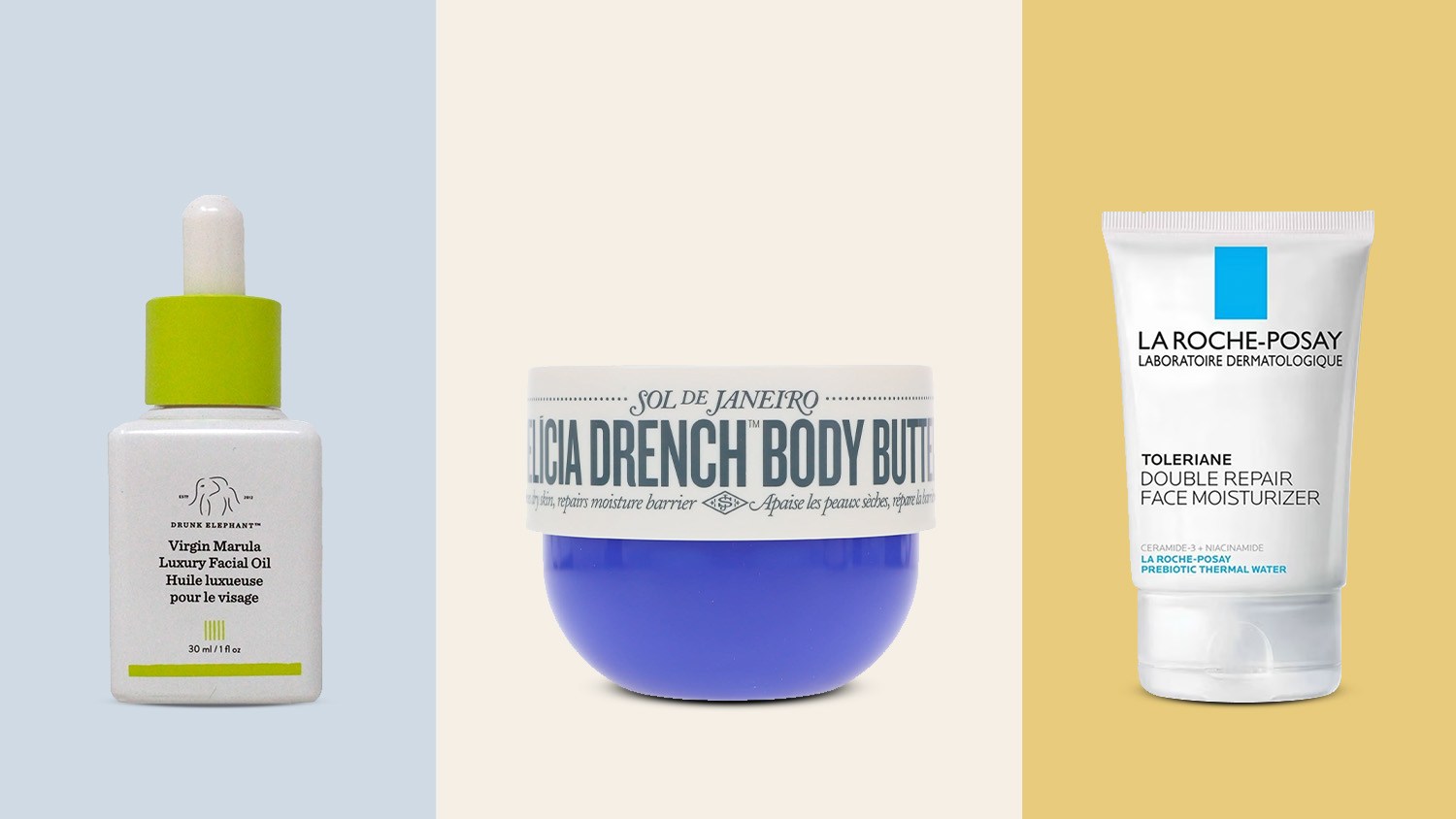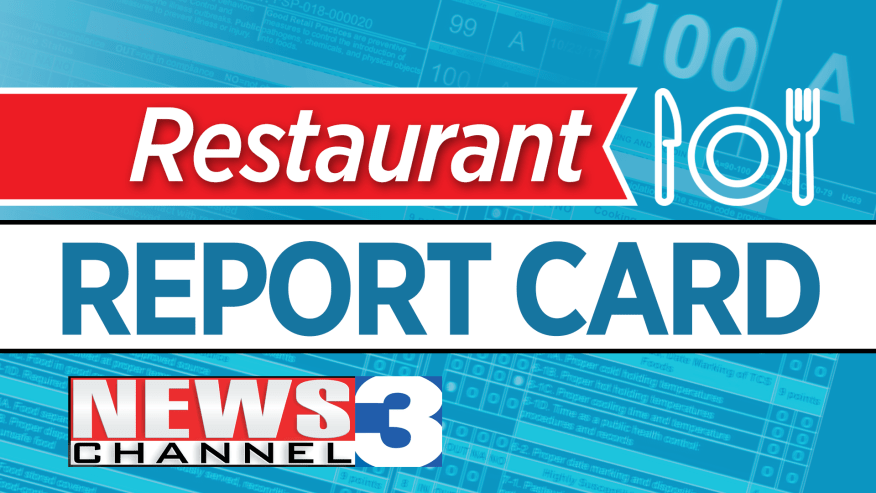WASHINGTON — The U.S. Food and Drug Administration says it will begin working towards an emergency use authorization for Pfizer’s COVID-19 vaccine.
The announcement was made Friday, several hours after a U.S. government advisory panel endorsed widespread use of Pfizer’s coronavirus vaccine, putting the country just one step away from launching an epic vaccination campaign against the outbreak that has killed close to 300,000 Americans.
Shots could begin within days, the Associated Press reported Thursday.
In a 17-4 vote with one abstention Thursday, the government advisers concluded that the vaccine from Pfizer and its German partner BioNTech appears safe and effective for emergency use in adults and teenagers 16 and older.
That endorsement came despite questions about allergic reactions in two people who received the vaccine earlier this week when Britain became the first country to begin dispensing the Pfizer-BioNTech shot.
Despite all the remaining unknowns, in an emergency, “the question is whether you know enough,” said panel member Dr. Paul Offit of Children’s Hospital of Philadelphia, who concluded that the shot’s potential potential benefits outweigh its risks.
The independent review by non-government experts in vaccine development, infectious diseases and medical statistics was considered critical to boosting Americans’ confidence in the safety of the shot, which was developed at breakneck speed less than a year after the virus was identified.
The decision came as COVID-19 cases surge to ever-higher levels across the U.S., with deaths hitting an all-time, one-day high of more than 3,100 on Wednesday.
Pfizer has said it will have about 25 million doses of the two-shot vaccine for the U.S. by the end of December. But initial supplies will be limited and reserved primarily for health care workers and nursing home residents, with other vulnerable groups next in line until the shots become widely available on demand, something that will probably not happen until the spring.
Experts estimate at least 70% of the U.S. population will have to be vaccinated to achieve herd immunity, the point at which the virus can be held in check. That means it could be several months before things start get back to normal and Americans can put away their masks.
The FDA next week will review a second vaccine, from Moderna and the National Institutes of Health, that appears about as protective as Pfizer-BioNTech’s shot. A third candidate, from Johnson & Johnson, which would require just one dose, is working its way through the pipeline. Behind that is a candidate from AstraZeneca and Oxford University.
- Financial Friday: Unlock Your Home’s Potential with a HELOC from Leaders Credit Union
- Bright Spot 4-25
- Trump ordered to give some Venezuelans 21 days notice before deportations
- Overton Park Shell reveals free concert series lineup
- Operation Babylift crash survivor still searching for answers 50 years later


















